It’s the question I’m often asked: How nuts can we go about coconut? Okay, I’m paraphrasing, but most of my clients indeed want to know how they can integrate coconut healthfully into their daily diet. Its reputation as a high-fat food has indeed preceded it, but coconut is so much more than its calorie count…
Builds Immunity
There are good fats in coconut — like caprylic, capric and lauric fatty acids — that provide antiviral, antibacterial and antiprotozoal functions, all of which build your immunity. In addition, there is also something called monolaurin (present in coconut fat) that gives viruses a knock-out punch.
Rich Mineral Source
Coconut is also loaded with minerals, all of which do wonderful things for your body’s regular functioning. Minerals in coconut include manganese, copper, selenium, potassium, iron, phosphorus, magnesium and zinc. That makes this food a veritable bounty of goodness.
Reduces BP
Raw coconut is high in fibre, which gives it its ability to lower blood pressure. Never a bad thing, no matter what your health profile is.
Better Bowel Movements
Foods high in fibre ensure regular and smoother bowel movements, which, of course, reduce the incidence of constipation and bloating.
Having said that, coconut is also a source of saturated fats, which is a bad fat. It cannot be denied that per cup, raw coconut contains almost 24 gm of saturated fat alone, the intake of which should be limited if weight management is a goal.
Considering that adults should have anywhere between 10 and 20 gm of fats a day (depending on their body composition and weight loss needs), how do you eat coconut healthfully without tipping the scales? You can, if you:
1. Avoid it during weight loss phases
Given its high saturated fat content, I would recommend avoiding/limiting it during your weight loss phase. You can always come back to it in your weight maintenance period. The same goes for coconut oil.
2. Moderate its intake
If weight loss is not your goal, a good estimate would be to consume 30-50 gm of raw coconut per week, once a week. You can integrate this in anything to include curries, chutneys, pastes, and even healthy desserts.
3. Use fresh, grated raw coconut
The best source of coconut is freshly grated from the coconut you bought recently, preferably that day. This ensures that all its vital nutrients remain intact, and its numerous health benefits can be passed on to you.
4. Avoid coconut milk
Coconut milk is high in fat, and most cooks underestimate how much actually needs to be used when putting it in a dish. Try and avoid it as much as possible.
5. Avoid processed and pre-packaged coconut
And definitely avoid desiccated coconut, pre-packed shredded coconut, pre-packaged coconut milk, and any coconut that does not come in its natural, brown, nutty, hard casing. You want the taste of this widely-available wonderful food, yes, but why sacrifice its glorious benefits?

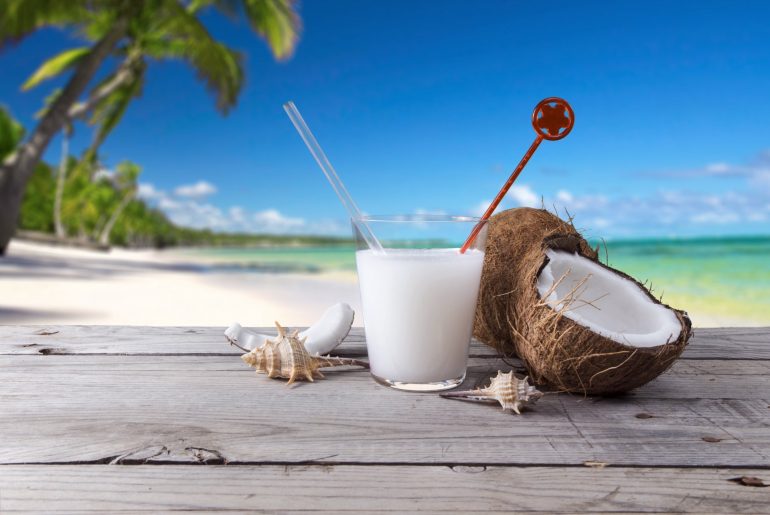
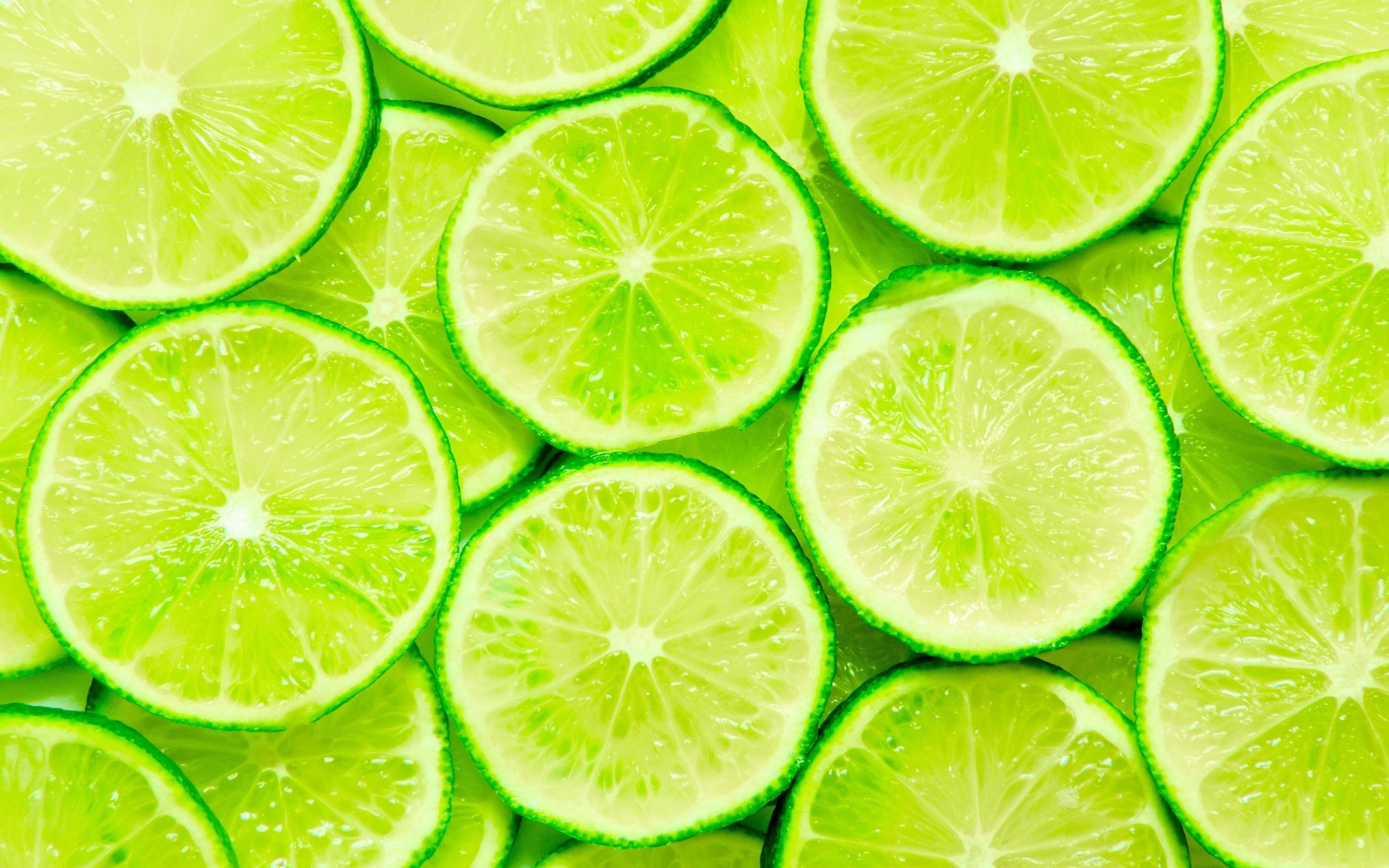
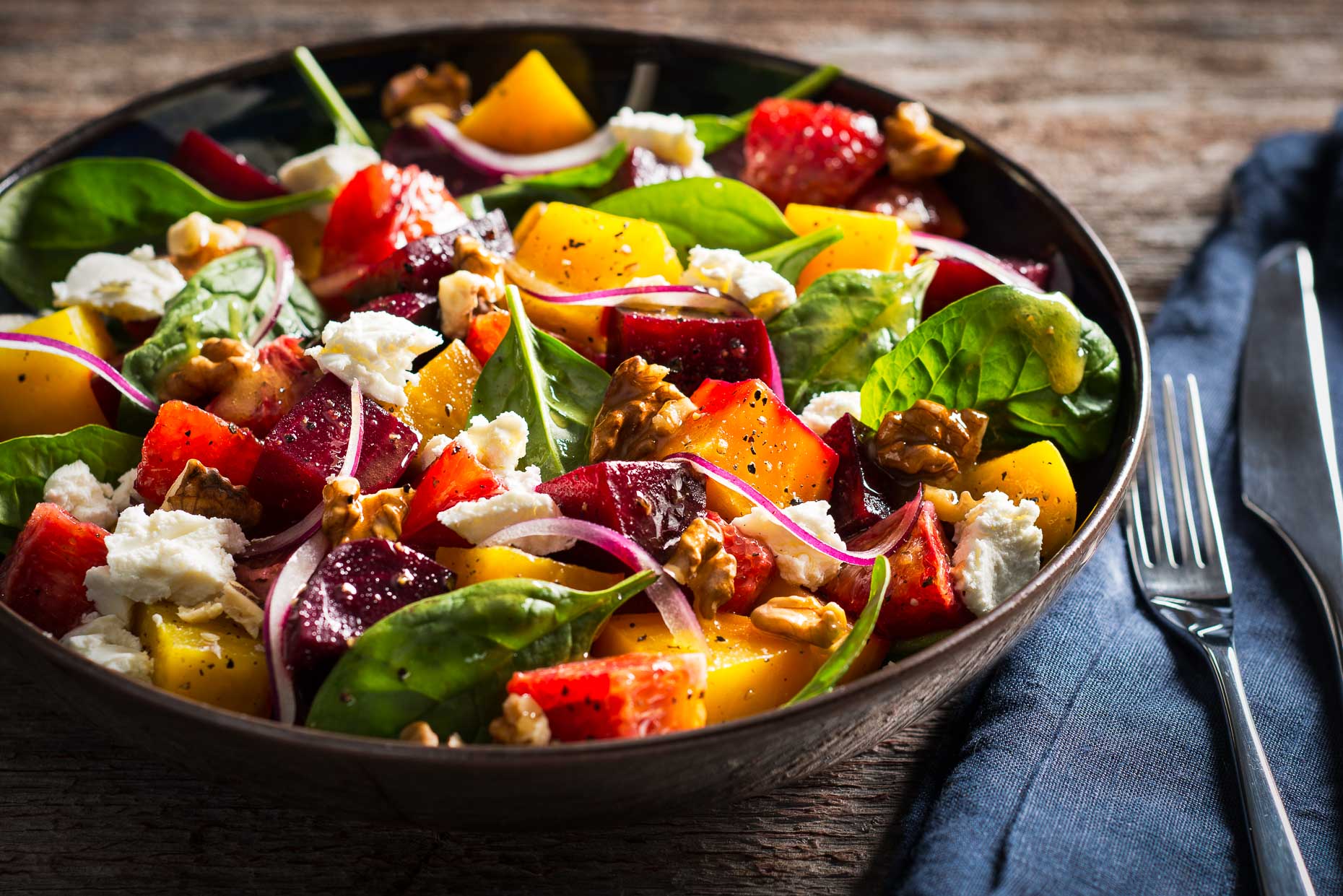
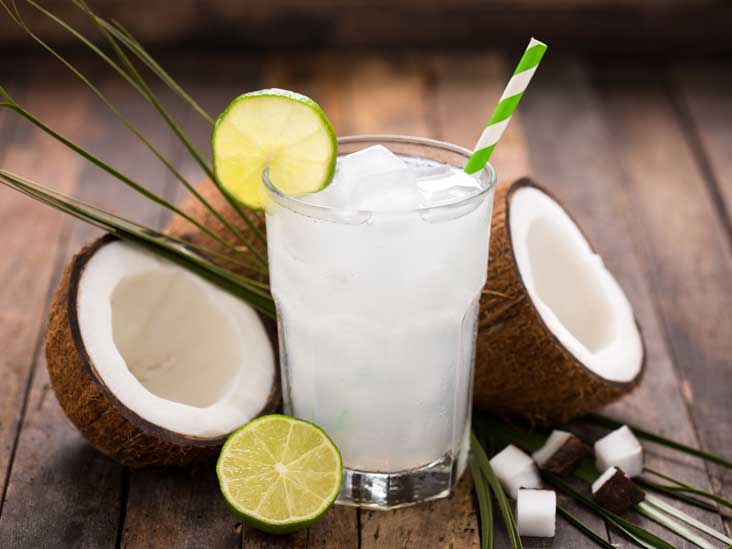
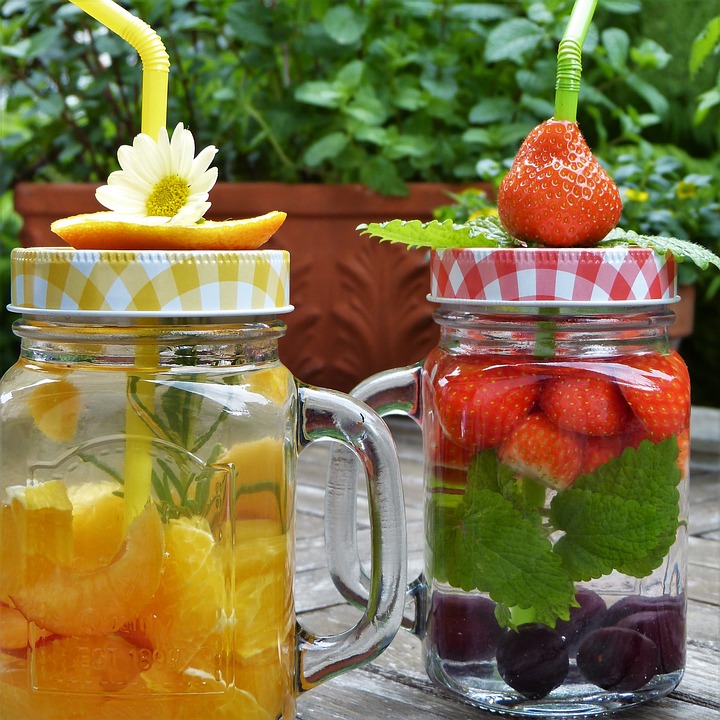
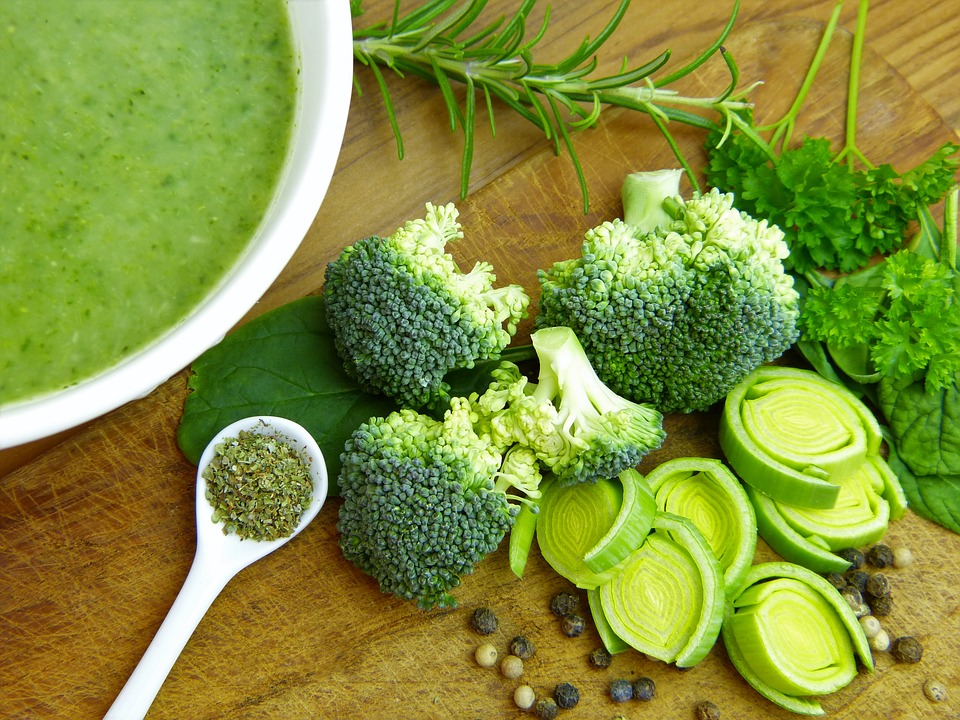 Give a nod to sautéed greens this season. These are light, can be made very appetising and always bring nice gifts with them like reduced cholesterol, cancer-fighting abilities, antiaging benefits, powerful vitamins and energy.
Give a nod to sautéed greens this season. These are light, can be made very appetising and always bring nice gifts with them like reduced cholesterol, cancer-fighting abilities, antiaging benefits, powerful vitamins and energy.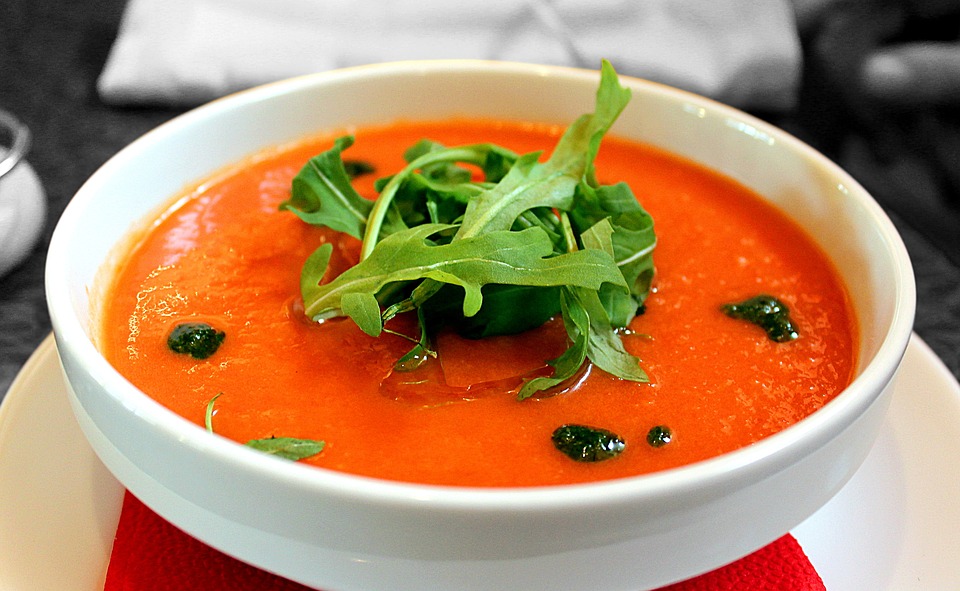
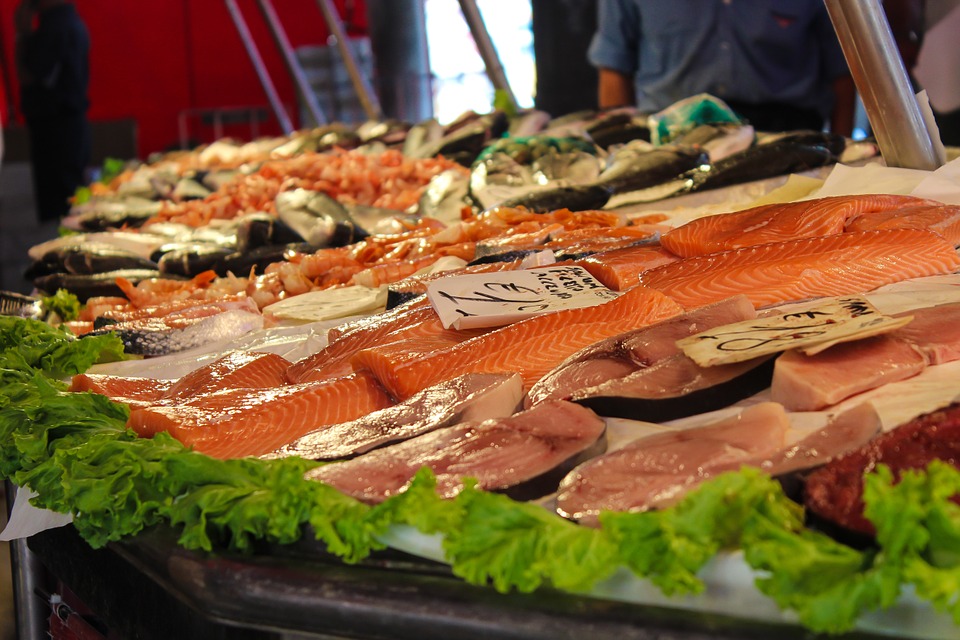 Proteins are harder to digest in general and coupled with heat and dehydration, they leave you feeling uncomfortable and nauseous. The recommended daily intake of protein is one gram per kilo of ideal body weight (the appropriate weight for your height). So, no matter what you currently weigh, if your
Proteins are harder to digest in general and coupled with heat and dehydration, they leave you feeling uncomfortable and nauseous. The recommended daily intake of protein is one gram per kilo of ideal body weight (the appropriate weight for your height). So, no matter what you currently weigh, if your 
